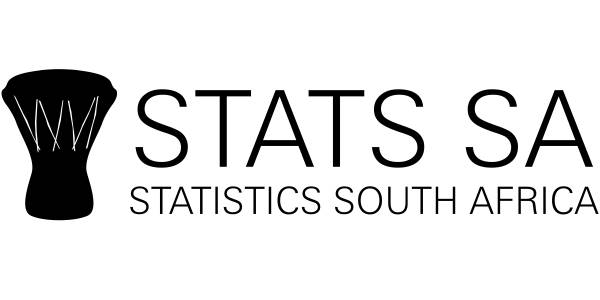The South African population has risen to 58.8 million from 2018’s 57. 9 million, figures released by Statistics South Africa (StatsSA) Statistician General Risenga Maluleke have revealed.
The statistics are contained in the 2019 mid-year population estimates report released on Monday.
Of the 58.8 million, 51% are female while 49% are male.
Maluleke said births remained the main driver of population growth in South Africa. Population figures were also impacted by deaths and immigration.
The report reveals that by mid-2019, the country had recorded 1.2 million births, 200 000 net migration, while 500 000 deaths were recorded.
More than half the population, the report reveals, lives in Gauteng, Western Cape and KwaZulu-Natal.
About 15 million (25.8%) South Africans live in Gauteng. Just over 11 million (19.2%) people reside in KwaZulu-Natal while 6.8 million South Africans (11.6%) stay in the Western Cape.
Mid-year population estimates for the rest of the provinces are: Eastern Cape: 6.71m (11,4%); Limpopo: 6m (10.2%); Mpumalanga: 4.59m (7.8%); North West: 4.02m (6.9%); Free State: 2.89m (4.9%) and Northern Cape: 1.27m (2.2%).
“About 28.8% of the population is aged younger than 15 years and approximately 9.0% (5.3 million) is 60 years or older. Of those younger than 15 years of age, the majority reside in Gauteng (21.5%) and KZN (21.1%). Of the elderly, the highest percentage 23.9% (1.27m) reside in Gauteng. The proportion of the elderly persons aged 60 and older is increasing in time,” said StatsSA.
The report says migration is an important process, as it shapes the age structure and distribution of the provincial population.
According to the report, life expectancy at birth for 2019 is estimated at 61.5 years for males and 67.7 years for females. Infant mortality rate for the year is at 22.1 per 1 000 live births.
The report also reveals that the black African population is in the majority and constitutes approximately 81% of the total South African population. The report estimates that there are 47.4m (81%) black Africans in the country. This group is followed by 5.2m (9%) coloureds, 4.6m (8%) whites and 1.5m (3%) Indians/Asians.
The Statistician General said the total number of people living with HIV is estimated at 7.97 million. He said improved access and uptake of ARVs in South Africa has enabled HIV positive people to lead healthier, longer lives.
“HIV prevalence among adults aged 15-49 increased substantially with the lack of treatment. Given the increased levels of treatment, prevalence rates are now declining. The HIV prevalence among youth aged 15-24 has shown a steady decline. [However] mid-year estimates are not an HIV report. The HSRC [Human Sciences Research Council] does the survey in this regard,” said Maluleke. – SAnews.gov.za
South Africa Today – South Africa News












